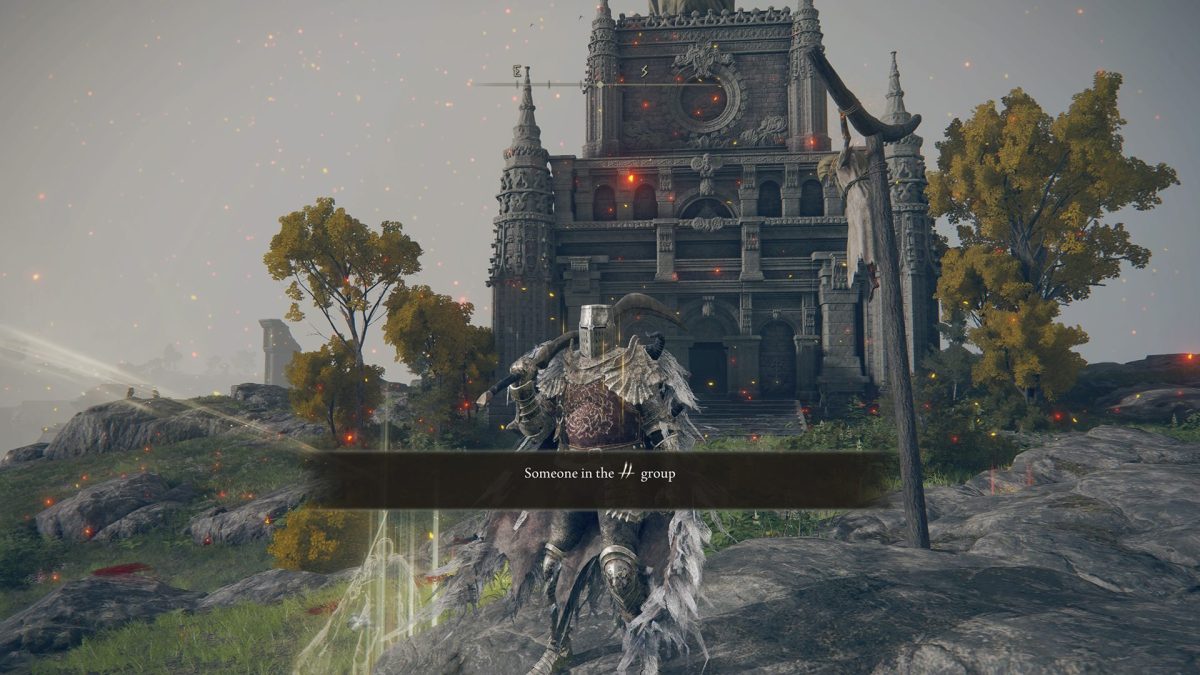The BEUC, an umbrella group for 44 independent consumer organizations from 31 countries, and 22 member organizations, filed a complaint to EU authorities on September 12, 2024, regarding “video games’ manipulative spending tactics.” The group believes many games using premium currencies breach EU consumer protection laws.
The group shared news of the complaint this week. After conducting its own analysis, it has found that games such as Fortnite, Minecraft, Clash of Clans, and EA Sports FC 24 all breach EU consumer protection laws through unfair practices. It’s calling on the relevant authorities to investigate and crack down on these practices to ensure a safe environment for everyone who plays these games. Many of whom studies show are children without the financial literacy to understand the impact of their spending.
‘Gamers shouldn’t need to rely on a calculator’

The BEUC and these member organizations have made four main points in their statement on this matter. I’ve outlined each one below to try to help you understand what’s at the heart of this complaint against some of the biggest games on the planet and their developers/publishers.
The groups believe that these points demonstrate how certain companies within the games industry maximize consumer spending through in-game premium currency.
- Consumers can’t see the real cost of digital items, only the premium currency cost, which leads to overspending. There’s also always a need to buy bigger bundles to have enough premium currency for in-game items. The BEUC and member organizations believe in-game items should have their cost in their real-world currency (regional equivalents) provided so players can see how much they’re really spending.
- Games industry companies insist players prefer in-game premium currencies. The BEUC and member organizations say this isn’t true, and that consumers find it confusing and prefer seeing the real-world equivalent cost of the items they’re buying.
- The BEUC and member organizations have found that consumers are often denied their rights when using in-game premium currencies. The terms are almost always more favorable to the companies behind the games.
- Data found by the BEUC and member organizations shows that children in Europe are spending an average of €39 per month on items in games using premium currencies. Yes, they are the consumers playing the most, but they also have the lowest level of financial literacy and may not understand the impact of their spending in the long-term.
Gamers shouldn’t need to rely on a calculator anytime they want to make an informed decision on how much they want to spend. The money they spend should be displayed in real money and deceptive practices must be stopped.
Today, premium in-game currencies are purposefully tricking consumers and take a big toll on children. Companies are well aware of children’s vulnerability and use tricks to lure younger consumers into spending more.
Agustín Reyna, Director General of BEUC
For many of us, this is nothing new. In-game premium currencies have become a necessary evil in so many games like Destiny 2, World of Warcraft, and every title mentioned above. Seeing a consumer group go after the developers and publishers behind these titles is wild because it’s felt for so long like buying a premium currency is just something you have to suck it up and do if you want, say the latest Fortnite Battle Pass.
The groups even name the organizations they believe are the main culprits for this manipulative behavior with premium in-game currencies. Those named organizations include Activision Blizzard, Electronic Arts, Epic Games, Mojang Studios, Roblox Corporation, Supercell, and Ubisoft, which I don’t think will be surprising to anyone.
Indeed, when Diablo Immortal was initially released, its microtransactions were called into question. One content creator spent roughly $100,000 in the game to boost themselves but ended up in a situation where it was impossible to play, yet the game encouraged them to do so.
As an adult, I know exactly what I’m doing when I buy in-game premium currency, but my children don’t understand the correlation between the in-game premium currency they see on a screen and how much it costs in real-world cash. They don’t even understand how expensive 10 Lego sets at £10 each can be, and premium currency is a lot easier to buy.
It will be extremely interesting to see what the EU authorities do with this complaint. With other groups, such as Stop Killing Games, bringing other issues from the games industry to politicians, it certainly feels like new laws are needed to bring the same level of consumer protection to the gaming landscape.





Published: Sep 12, 2024 09:05 am